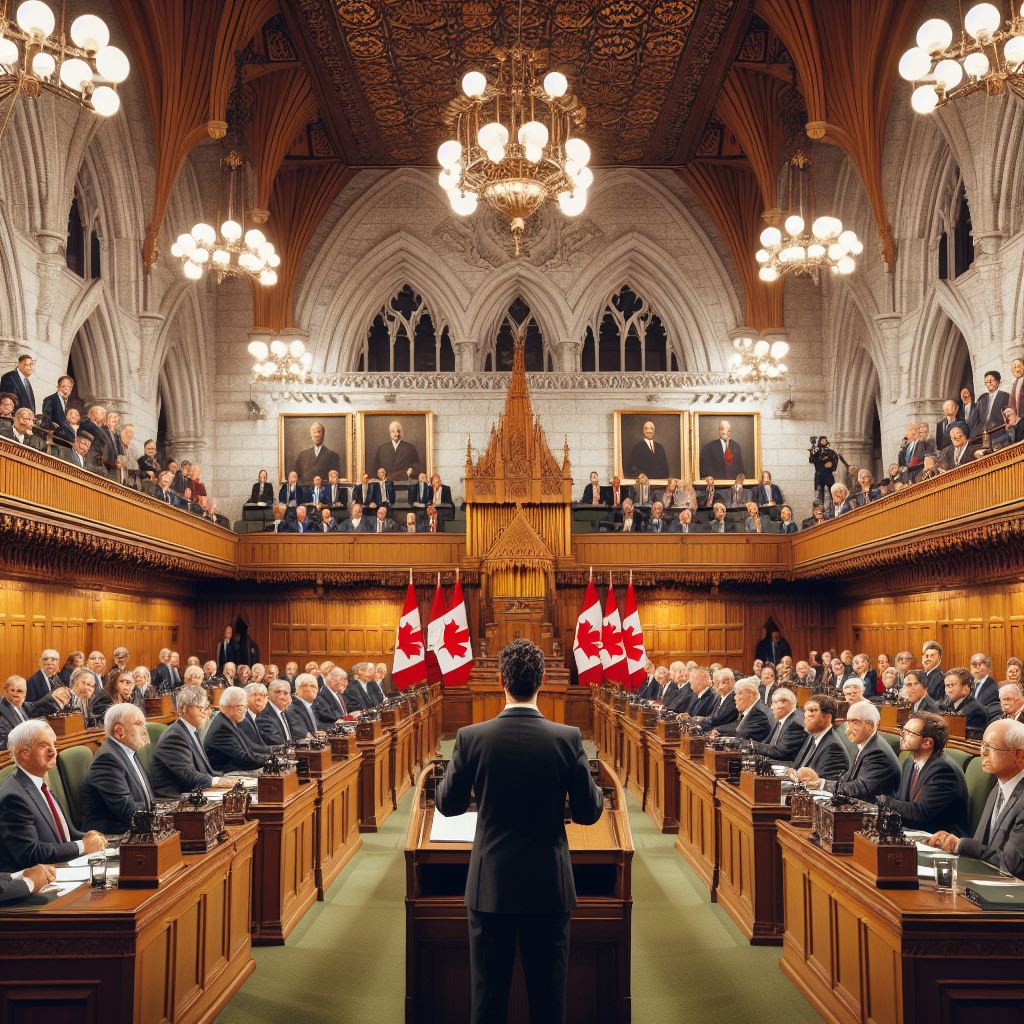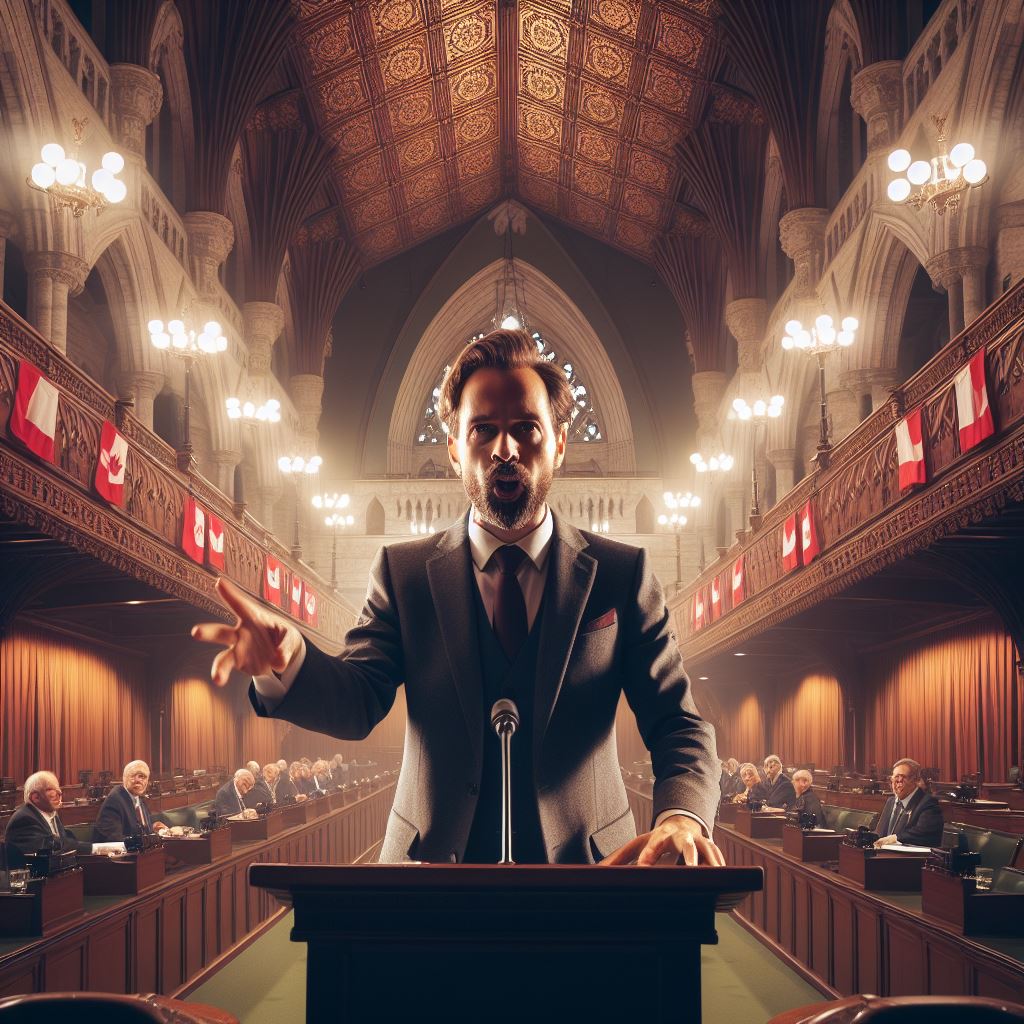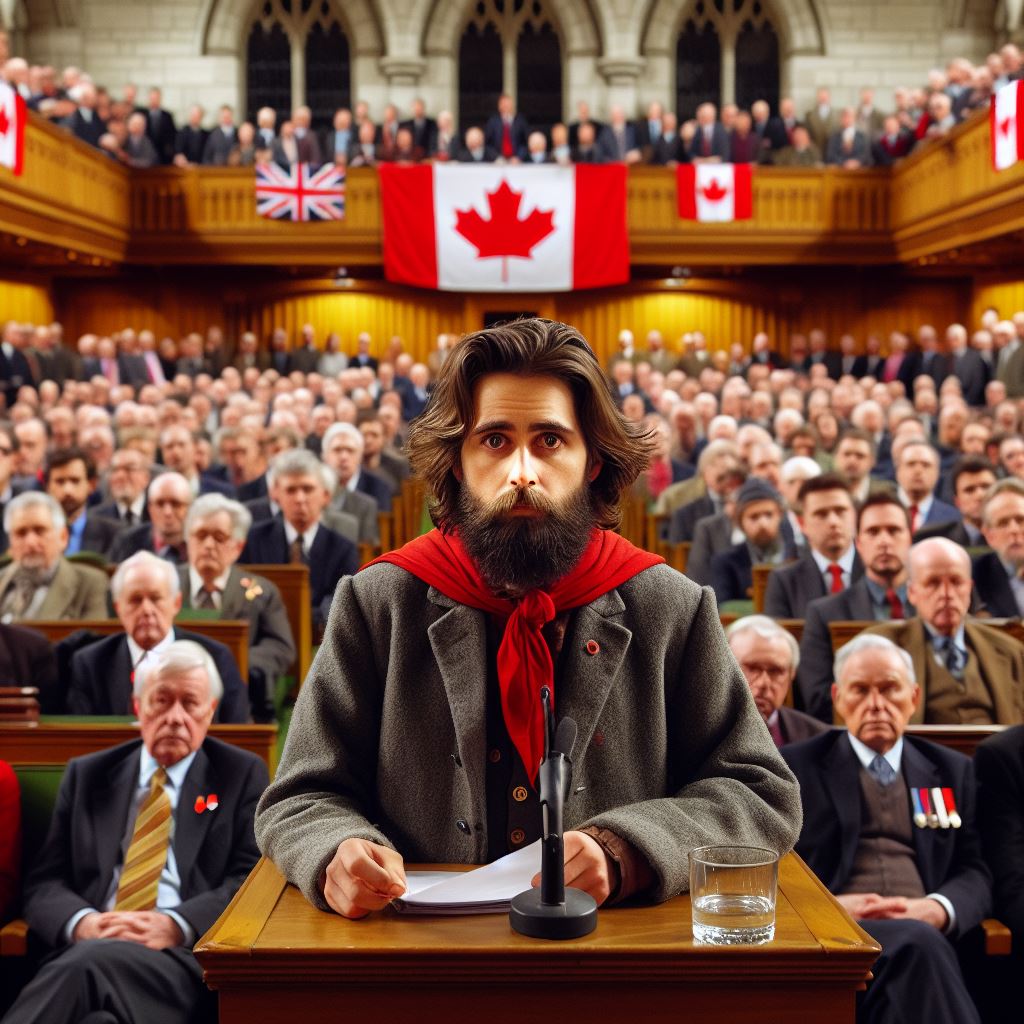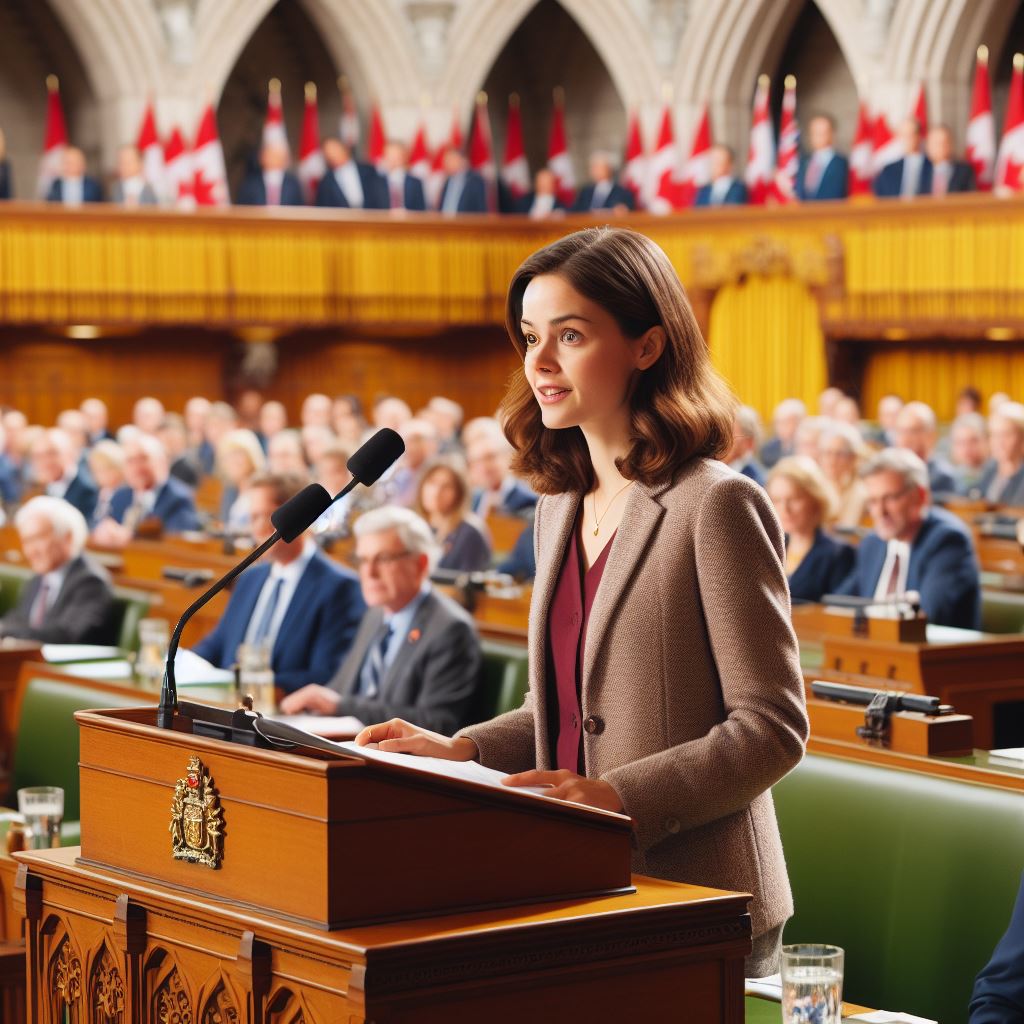Introduction
Social media is a powerful tool that allows people to connect and share information online.
In today’s society, social media has become an integral part of everyday life.
Its importance cannot be underestimated, as it has revolutionized the way we communicate, access information, and engage with others.
One area where social media has had a significant impact is in politics.
This brings us to the topic of this section: the impact of social media on politicians.
With the advent of platforms such as Facebook, Twitter, and Instagram, politicians now have a direct way to reach and interact with their constituents.
Social media allows politicians to communicate their messages and policies directly to the people, without the need for traditional intermediaries such as the press.
It has given them a voice that they can use to engage with voters and build an online following.
This has changed the dynamics of political communication, as politicians now have the power to shape their own narratives and control their public image.
Furthermore, social media has also given rise to a new form of political activism.
Through platforms like Twitter, citizens can mobilize and voice their opinions on various political issues, putting pressure on politicians to respond and take action.
The speed and reach of social media make it a powerful tool for organizing protests, sharing information, and galvanizing support for political causes.
In short, the impact of social media on politicians is undeniable.
It has changed the way politicians communicate, engage with voters, and respond to public opinion.
As social media continues to evolve and grow in influence, its role in politics will only become more significant.
The Power of Social Media
Statistics on the Growth and Popularity of Social Media Platforms
Social media has experienced exponential growth over the years, with platforms like Facebook, Twitter, Instagram, and YouTube boasting billions of active users.
These platforms have become an integral part of people’s lives, with individuals spending a significant amount of time each day scrolling through their feeds.
The popularity of social media can be attributed to its ease of use, accessibility, and the ability to connect and communicate with others globally.
Influence of Social Media in Shaping Public Opinion
Social media has emerged as a powerful tool in shaping public opinion, particularly in the political arena.
Politicians use social media platforms to engage directly with their constituents, sharing their views, policies, and agendas.
They can reach a vast audience quickly, engaging with voters and responding to their concerns and queries in real-time.
Additionally, social media enables politicians to bypass traditional media gatekeepers, giving them more control over their messaging.
The viral nature of social media also allows messages and content to spread rapidly, amplifying their impact and influencing public sentiment.
Comparison of Social Media to Traditional Media in Reaching the Masses
Social media’s reach and impact surpass traditional media, as it provides a platform for individuals to create, consume, and share content.
Unlike print or broadcast media, social media offers a two-way communication channel, allowing for immediate feedback and interactive discussions.
Unlock Your Career Potential
Visualize a clear path to success with our tailored Career Consulting service. Personalized insights in just 1-3 days.
Get StartedTraditional media outlets largely control the narrative, but social media democratizes the flow of information.
Users can voice their opinions, challenge narratives, and share their perspectives, fostering a more inclusive and diverse public discourse.
Moreover, social media platforms have become primary news sources for many users, replacing traditional newspapers and TV channels.
This shift in media consumption habits has prompted politicians to adapt their strategies to effectively connect with their constituents.
In fact, social media platforms have grown exponentially and wield immense influence in shaping public opinion.
Politicians now recognize the power of social media in reaching a vast audience and engaging directly with voters.
Its ability to bypass traditional media gatekeepers and provide a platform for interactive discussions is unparalleled.
As social media continues to evolve, its impact on politics and politicians is expected to grow, influencing elections and democratic processes.
It is crucial for politicians to harness the power of social media responsibly, utilizing it to foster transparency, accountability, and civic engagement.
Read: The Role of MPs: What Canadians Should Know
Benefits of Social Media for Politicians
There are several benefits of social media for politicians that have significantly impacted their political careers:
Increased visibility and reach to a larger audience
- Social media allows politicians to reach a broader audience and increase their visibility.
- Through platforms like Facebook, Twitter, and Instagram, politicians can connect with millions of users.
- They can share their ideas, policies, and accomplishments, creating a strong online presence.
Direct communication with constituents and supporters
- Social media enables politicians to directly communicate with their constituents and supporters.
- They can engage in two-way conversations, responding to comments and addressing concerns.
- This direct interaction helps politicians build trust, understand public sentiment, and strengthen their base.
Ability to share policy updates, announcements, and news instantly
- Politicians can use social media platforms to share policy updates, announcements, and breaking news instantly.
- They can bypass traditional media channels and communicate directly with the public.
- This real-time communication helps politicians keep their audience informed and involved in their work.
Cost-effective campaign tool for politicians
- Social media has proven to be a cost-effective campaign tool for politicians.
- Traditionally, political campaigns required significant financial resources for advertising and outreach.
- With social media, politicians can reach a wide audience at a fraction of the cost.
- They can promote their campaign, share their message, and rally supporters without large campaign budgets.
In essence, social media has revolutionized the way politicians connect, communicate, and campaign.
Its benefits, such as increased visibility, direct communication, instant updates, and cost-effectiveness, have transformed political practices.
By harnessing the power of these platforms, politicians have the opportunity to establish a strong online presence, build relationships with their constituents, and effectively convey their policies and accomplishments.
As social media continues to evolve, it will play an increasingly vital role in shaping the political landscape.
Read: Canadian Political Ethics: A Deep Dive
Challenges Faced by Politicians on Social Media
Social media has undoubtedly revolutionized the way politicians communicate with the public.
However, it has also brought forth a set of unique challenges that politicians must navigate.
In this section, we will explore the challenges faced by politicians on social media and how they can effectively overcome them.
Spread of fake news and misinformation
One of the most significant challenges for politicians on social media is the spread of fake news and misinformation.
In today’s digital age, false information can spread like wildfire, leading to confusion and mistrust among the public.
Politicians often find themselves victims of misinformation campaigns, which can harm their reputation and credibility.
To combat this challenge, politicians must actively engage with their followers and address false information promptly.
By sharing factual information and sources, they can ensure that the truth prevails and rumors are debunked.
Additionally, forming alliances with reliable news outlets can help in spreading accurate information and countering false narratives.
Trolling, online harassment, and negative comments
Politicians on social media often face relentless trolling, online harassment, and negative comments from anonymous users.
These attacks can be personal, vicious, and can detract from the substantive issues at hand.
Trolls aim to derail meaningful discussions and create a hostile environment.
In dealing with such challenges, politicians need to develop a thick skin and refrain from engaging with trolls.
Ignoring or blocking abusive users can help maintain a positive and constructive online space.
However, it is essential to draw a line between legitimate criticism and trolling, as listening to valid concerns from constituents is crucial for effective governance.
Maintaining privacy and security online
Politicians, like any public figures, must carefully navigate the balance between public life and personal privacy.
Social media platforms can expose politicians to various security risks, including hacking, identity theft, and unauthorized access to personal information.
Maintaining privacy and security online is crucial to protect both the individual and their reputation.
To address this challenge, politicians must adhere to strict privacy settings, use secure passwords, and be cautious when interacting with unknown individuals online.
Regularly updating security measures and educating themselves about the latest cyber threats can help mitigate risks to a certain extent.
Additionally, seeking assistance from cybersecurity experts can provide valuable insights and advice on safeguarding personal information.
Responsiveness and quick reactions to social media trends
In the fast-paced world of social media, politicians are expected to be responsive and quick in adapting to emerging trends and issues.
Failure to react promptly can diminish their relevance and leave them out of important conversations.
To overcome this challenge, politicians must actively monitor social media platforms and stay informed about trending topics and public sentiment.
Regularly updating their profiles, engaging with followers, and participating in relevant discussions can help maintain a strong online presence.
By embracing social media as a dynamic tool, politicians can effectively connect with their constituents and address their concerns.
In general, while social media provides an unprecedented opportunity for politicians to engage with the public, it also presents unique challenges.
The spread of fake news, trolling, maintaining privacy and security, and staying responsive to social media trends are just a few of the hurdles politicians must overcome.
By proactively addressing these challenges and harnessing the power of social media, politicians can successfully connect with constituents and shape public opinion.
Read: Key Skills Needed for Political Careers
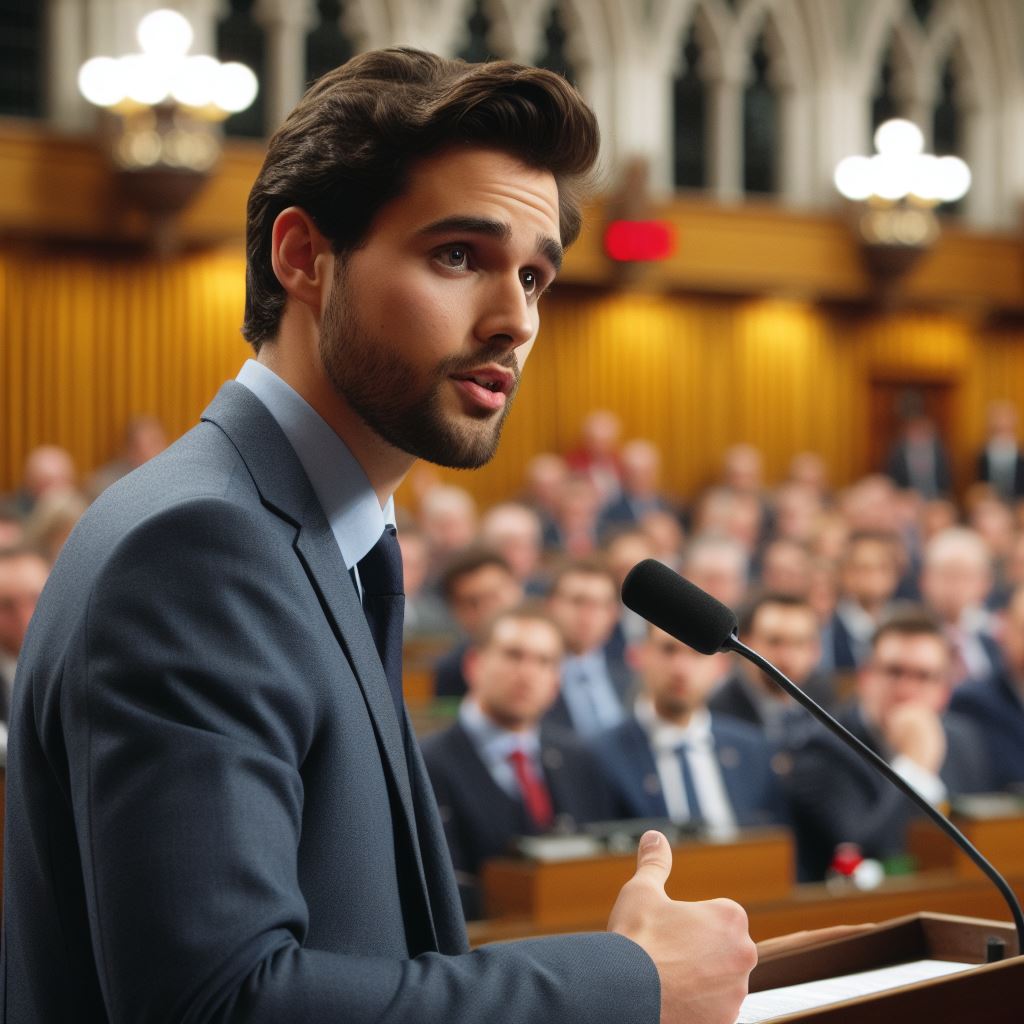
Case Studies and Examples of Political Impact on Social Media
In recent years, the impact of social media on politicians has been significant.
With the rise of platforms like Facebook, Twitter, and Instagram, politicians have recognized the need to engage with their audience in new ways.
This section explores various case studies and examples of how social media has influenced political landscapes.
Successful political campaigns that effectively used social media
One noteworthy aspect is how successful political campaigns have effectively harnessed the power of social media.
By utilizing platforms to connect with constituents, politicians have been able to build strong online communities.
For example, Barack Obama’s 2008 presidential campaign extensively utilized social media platforms, which played a vital role in his victory.
The campaign’s strategic use of Facebook, Twitter, and YouTube helped reach a broader audience, especially the younger demographic that is highly active on these platforms.
Instances where social media played a crucial role in political scandals or controversies
However, social media’s influence on politics isn’t always positive.
There have been instances where it played a crucial role in political scandals or controversies.
One prominent example is the Cambridge Analytica scandal, which involved the harvesting of personal data from Facebook users for political purposes.
The incident highlighted the potential misuse of social media platforms and their impact on manipulating public opinion and electoral processes.
Repercussions faced by politicians due to missteps on social media
Missteps on social media can also have severe repercussions for politicians.
Due to the instantaneous nature of social media, any inappropriate or controversial content posted by politicians can quickly go viral and damage their reputation.
For instance, in 2011, Congressman Anthony Weiner sent explicit photos via Twitter, leading to a major scandal and his eventual resignation.
This case demonstrates how social media can amplify personal mistakes and have lasting consequences on political careers.
Positive impact of social media in creating social and political change
However, it is not all negative, as social media has also created positive impacts in driving social and political change.
The Arab Spring is a prime example of how social media played a significant role in mobilizing and organizing protests against authoritarian regimes.
Platforms like Facebook and Twitter allowed activists to share information, organize demonstrations, and rally support, ultimately leading to political upheaval in several Middle Eastern countries.
Another notable example is the #MeToo movement, which gained momentum through social media platforms.
Survivors of sexual harassment and assault used social media as a powerful tool to bring awareness, share personal stories, and hold perpetrators accountable.
The movement sparked crucial conversations about gender equality and led to legal reforms and cultural shifts worldwide.
In brief, social media has reshaped the political landscape in both positive and negative ways.
Successful political campaigns have embraced these platforms to connect with voters, while scandals and controversies have demonstrated the potential risks and consequences.
Politicians must navigate social media carefully, as missteps can have severe repercussions.
Nevertheless, social media continues to be a powerful medium for driving social and political change, empowering individuals to organize and voice their concerns on a global scale.
Read: Paths to Becoming a Politician in Canada
You Might Also Like: Canadian Police and Public Safety Laws
Strategies for Politicians to Leverage Social Media
As social media continues to play a significant role in shaping political landscapes, politicians must recognize the importance of utilizing these platforms effectively.
Here are some strategies for politicians to leverage social media:
Building a strong online presence
- Create and maintain professional profiles on prominent social media platforms.
- Regularly update profiles with relevant information and engaging content.
- Ensure consistency in branding and messaging across all social media accounts.
- Optimize profiles with keywords and hashtags to improve discoverability.
- Monitor and respond promptly to messages and comments from followers and constituents.
Engaging with followers and constituents
- Actively interact with followers by liking, commenting, and sharing their posts.
- Hold live Q&A sessions to address concerns and answer questions from the public.
- Respond to criticism or negative feedback in a respectful and constructive manner.
- Show appreciation and acknowledge support from followers through shout-outs and mentions.
- Organize offline events and meet-ups to foster stronger connections with constituents.
Developing an authentic and relatable persona
- Share personal stories, experiences, and values to connect with voters on a deeper level.
- Utilize storytelling techniques to convey political messages and policy positions.
- Show vulnerability and authenticity to humanize the politician’s image.
- Use humor, when appropriate, to engage and entertain followers.
- Avoid scripted and robotic communication styles.
Utilizing social media as a tool for transparency and accountability
- Share updates on political activities, initiatives, and policy decisions.
- Provide insights into the decision-making process and the reasoning behind certain actions.
- Use social media to disclose campaign donors and expenses as a sign of transparency.
- Address controversies and scandals promptly and honestly.
- Use social media platforms to announce public appearances and engage with the community.
In a nutshell, social media presents a powerful opportunity for politicians to connect with voters, mobilize supporters, and shape public opinion.
By implementing these strategies, politicians can leverage social media to their advantage and effectively communicate their message to a wider audience.
However, it’s essential to remember that social media should be used responsibly and ethically, focusing on fostering genuine engagement and building trust with followers and constituents.
Conclusion
Social media has had a profound impact on politicians in recent years.
Throughout this blog section, we have explored the various ways in which social media has influenced politicians and political campaigns.
It has provided politicians with a powerful platform to reach and engage with a large audience.
The importance of social media in politics cannot be overstated.
It has revolutionized the way politicians communicate with the public, allowing for direct and instantaneous interaction.
Social media has also played a crucial role in shaping public opinion and mobilizing supporters.
Politicians must recognize the significance of social media and adapt to this new landscape.
They need to effectively utilize social media platforms to connect with their constituents, share their ideas, and address the concerns of the public.
Moreover, politicians should also realize that social media is not only a tool but also a potential double-edged sword.
They must be cautious with their statements and actions as anything they say or do can quickly become viral and have serious consequences.
The future of politics in the age of social media is both promising and challenging.
On one hand, social media presents opportunities for greater transparency, citizen participation, and accountability.
On the other hand, it also poses risks, including the spread of misinformation and the creation of echo chambers.
In order to navigate these challenges and make the most of the opportunities, politicians must be well-versed in using social media platforms effectively and responsibly.
They must understand the dynamics of online communication and be able to build authentic connections with their audience.
Overall, social media has redefined politics and has become an essential tool for politicians.
By embracing social media and harnessing its power, politicians can effectively engage with the public, shape public opinion, and ultimately have a greater impact on society.

